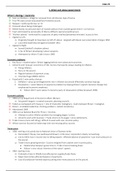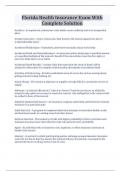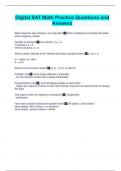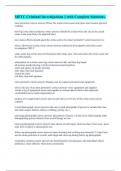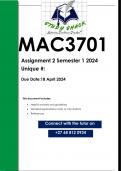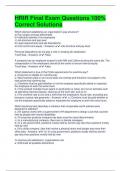Wilson’s ideology + leadership
☺ Seen as classless + image far removed from old Etonian style of Home.
☺ First PM state school educated/hard Yorkshire accent.
☺ Relaxed + skillful performer on TV.
Paranoid about being challenged.
Relied heavily on personal team of trusted advisors from outside government + civil service.
Team dominated by personality of Marcia Williams (personal political sec).
‘Kitchen cabinet’- reinforced his suspicions of party rivalries/prevented ministers’ access to him.
o Appeal to Left:
Originally thought to have been on left of Labour- resigned with Bevan over prescription charges 1950.
Launched leadership bid against Gaitskell 1961.
o Appeal to Right:
Served Gaitskell’s shadow cabinet.
In fav of Britain developing nuclear weapons.
Attempted to reform Trade Unions 1969.
Economic problems
o Key focus = modernisation- Britain lagging behind more advanced economies.
o Aimed to end ‘stop-go’ economics of 50s- bursts of prosperity always leading to inflation.
Rising inflation.
Runs on the pound.
Regular balance of payment crises.
Inherited huge £800m deficit.
o Faced with 2 main policy choices:
1. Deflation = prop up sterling/prevent rise in inflation but would effectively continue stop-go.
2. Devaluation = assist balance of payments problem by helping Britain’s exports become cheaper but
emphasised economic weakness.
• Wilson didn’t want Labour to become party of devaluation (Attlee devalued 1949).
Economic policies:
o 1964 set up Department of Economic Affairs (Brown).
Set growth targets + created economic planning councils.
Failed as overlapped with treasury + role of Chancellor (Callaghan)- rivalry between Brown + Callaghan.
Brown- unreliable leadership- drinking problem + lacked consistency.
Abandoned 1969.
o 1965 set up National Board for Prices + Incomes.
Attempt to solve inflation problem by managing wages + prices
Aimed to work with business + Trade Unions to fix wages + price settlements.
Trade Unions (more Left-Wing)- difficult to work with over incomes policy.
Wilson was too focused on balancing rivals not ensuing policy success.
Devaluation
o 1966- sterling crisis partly due to National Union of Seaman strike.
Demanded 17% pay rise (well beyond Brown’s 3.5% max)- corporatism clearly not working.
Led to £40m loss in income due to falling exports- effected balance of payments + put more pressure on
the pound.
Trade Unions growing tension- Cousins resigned from cabinet over incomes policy.
• Relationship between government + Trade Unions breaking down.
• Wilson’s very critical ‘enemies of the nation’ speech.
o 1967- sterling crisis
Outbreak of war in Middle East affected air supplies/trade flows.
Major dock strikes affected balance of payments.
Loss of production harmed exports putting even more pressure on the pound.


